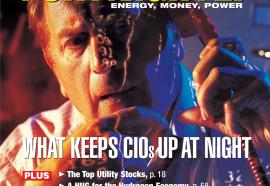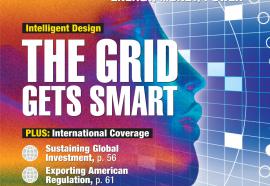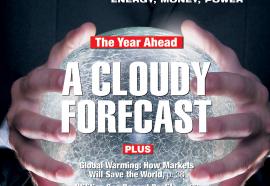One Nation, Two Markets
EEI’s David K. Owens seeks incremental improvements to competitive markets.
For a front-line perspective on FERC’s policy direction, we asked one of the industry’s most prominent policy representatives, David K. Owens at the Edison Electric Institute, to provide his take on FERC’s competition conference and Order 890.








